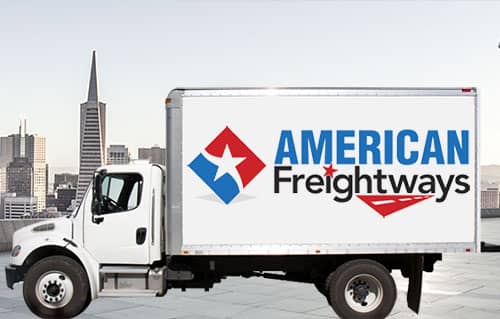
When it comes to transporting goods, having the right vehicle is essential. Two popular options for hauling cargo are small box trucks and large box trucks. A small box truck is compact and maneuverable, while a large box truck offers more storage capacity. In this article, we will explore the differences between these two types of vehicles and help you determine which one is best suited for your transportation needs.
Small-Box Truck: Versatility and Efficiency
A small-box truck, also known as a delivery van or a light-duty truck, is a versatile option for transporting goods. These vehicles typically have a maximum weight capacity of up to 10,000 pounds and offer a compact design allowing easy maneuverability in urban areas. Small-box trucks are ideal for local deliveries, courier services, and small-scale moving tasks. With their smaller size, they can navigate through narrow streets and tight parking spaces, making them highly efficient for city driving.
Large-Box Truck: Ample Storage Capacity and Heavy-Duty Performance
On the other end of the spectrum, we have large-box trucks designed to handle heavier loads and accommodate larger cargo volumes. These trucks, often referred to as heavy-duty trucks, come with a weight capacity ranging from 10,000 to 26,000 pounds. Large-box trucks are commonly used for long-haul deliveries, commercial moves, and transporting large quantities of goods over considerable distances. Their expansive storage space allows for efficient loading and unloading, making them suitable for businesses that require substantial cargo capacity.
Box Truck-Factors to Consider
Cargo Volume and Weight: Assess the size and weight of your typical cargo to determine whether a small or large-box truck would be more appropriate. If you consistently transport significant quantities of goods, a large-box truck may be necessary to accommodate the volume.
Maneuverability: Consider the routes you will frequently travel. If you anticipate navigating through busy city streets with limited parking, a small-box truck’s agility will prove advantageous.
Distance and Fuel Efficiency: If you primarily make short trips within a local area, a small-box truck’s fuel efficiency may be more cost-effective. However, for long-haul journeys, large-box trucks often offer better fuel efficiency due to their more advanced engines.
Driver’s License Requirements: Verify the license requirements for operating each type of vehicle in your area. Some jurisdictions may have specific regulations for driving large-box trucks.
Choosing between small and large boxes depends on various factors such as cargo volume, maneuverability, distance, and license requirements. You can select the ideal vehicle that meets your transportation needs by carefully considering factors mentioned above.
